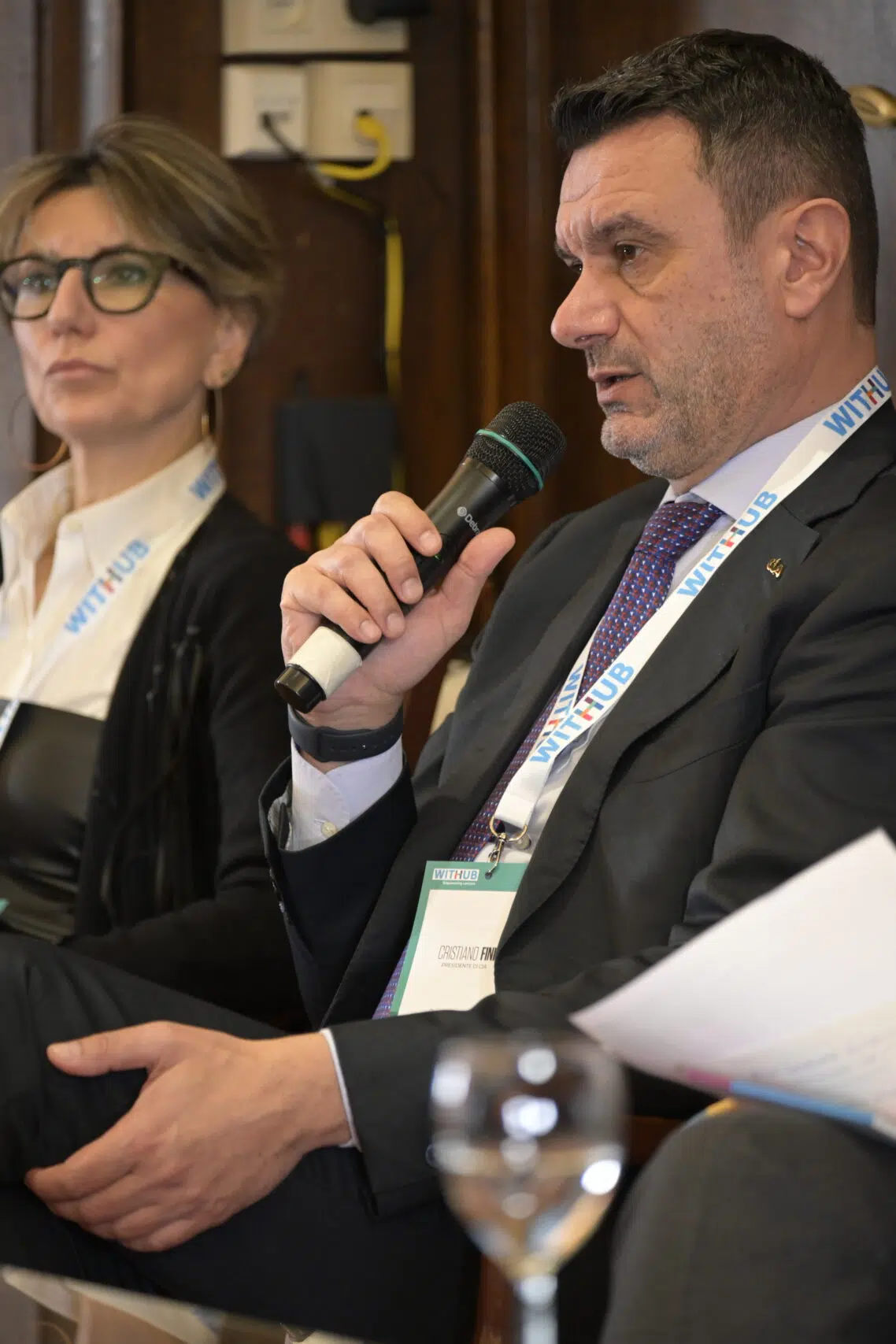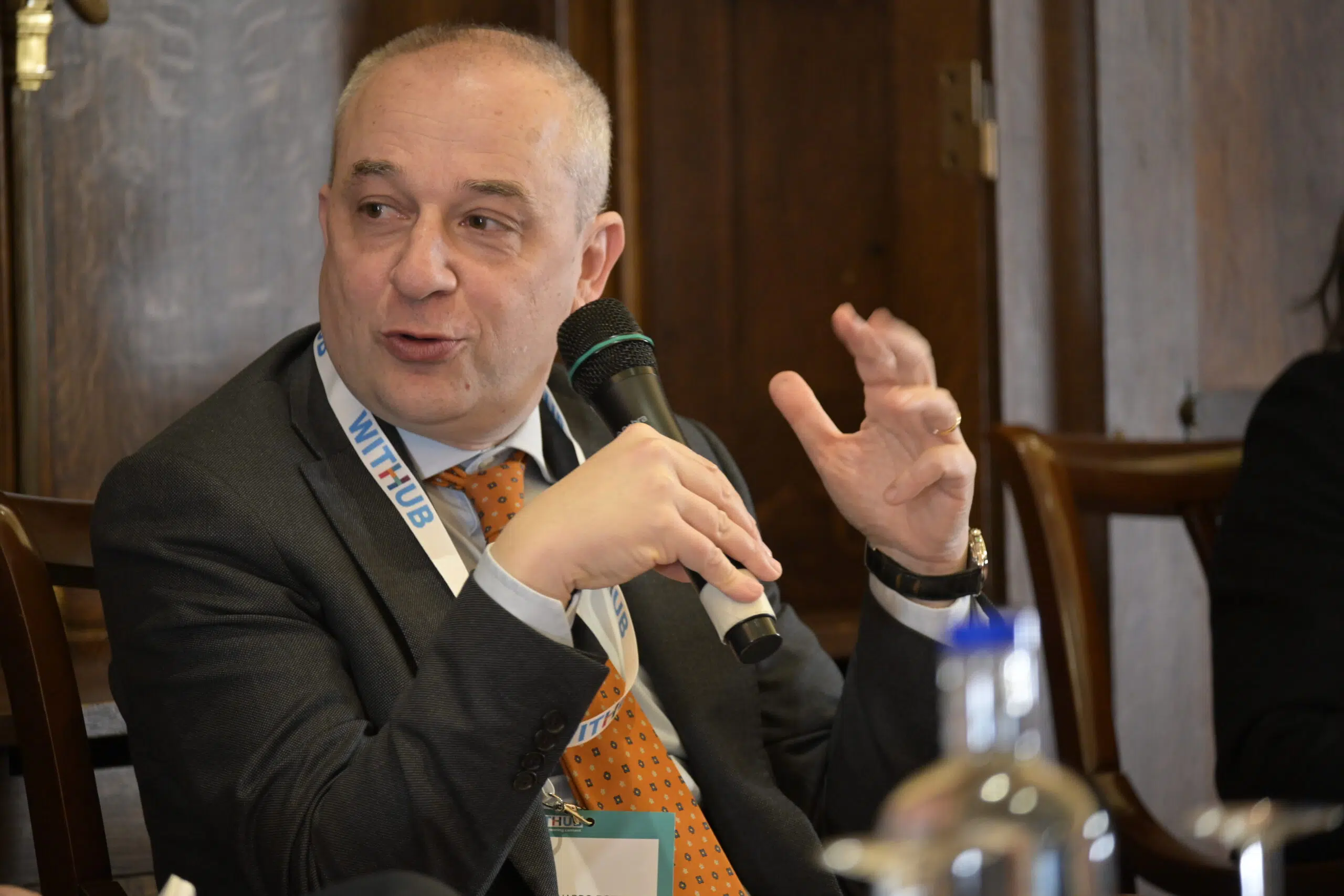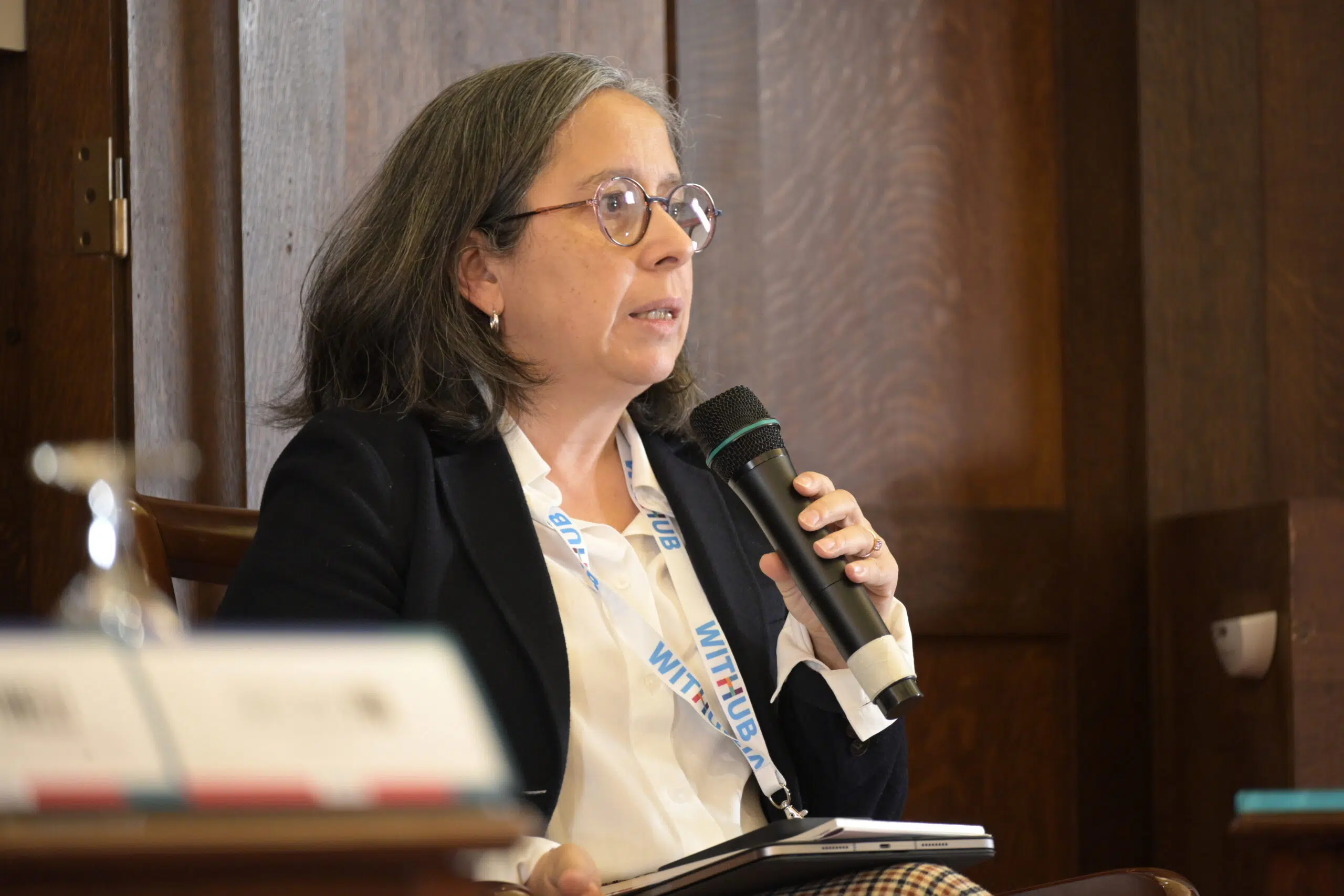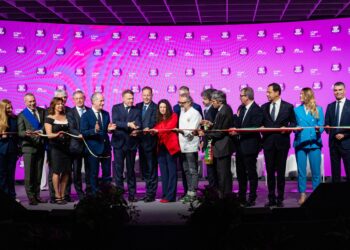Brussels – Putting farms back at the center of the CAP and making them the key players in the fight against climate change: this is the message that the Italian supply chain associations deliver to the European Commission at the event “New coordinates for the sustainability of EU agriculture” organized by Withub in the European capital. In the context of farmers’ strong protests, the message comes as the EU executive rethinks the resources dedicated to agriculture in the green transition. Opening the first panel, dedicated to the Common Agricultural Policy and the EU’s new multi-year budget, was Democratic Party MEP Paolo De Castro, who, in the European Parliament, is a member of the Agriculture Committee. “We are waiting to see what concrete decisions the European Commission will take to meet the widespread unease of farmers. We are calling for structural changes by intervening on the basic act of the CAP,” the two-time Italian agriculture minister said, pointing above all to the need for “greater simplification in the implementation” of agricultural policy.

Some of the most relevant stakeholders in the Italian and European agricultural world — Coldiretti, Confagricoltura, Cogeca, and Cia — collected the inputs launched by De Castro. Coldiretti’s president, Ettore Prandini, stressed “the risk of accentuating regulations that lead to a decrease in the EU’s production capacity.” That, if the goal is to combat climate change, there is a “contradiction” as it means “favoring imports from precisely those continents that have significant responsibilities in terms of emissions in the agrifood supply chain.”
That is why it would be better for Brussels to “help European farmers reduce emissions,” Cristiano Fini, president of Cia-Agricoltori Italiani, said. In other words, put tools on the plate that come at a cost. “We, as farmers, accept the challenges related to the Green Deal, but we want to do it with tools, and today, there are only a few tools available,” Fini continued: tools such as precision agriculture and new genomic techniques. Until such tools are available, we cannot call for – among other things – abandoning the massive use of chemical pesticides.

Leonardo Pofferi, Deputy President of Cogeca
“There are merits to be credited to the European Commission, for example, the withdrawal of the proposal on pesticides,” Cogeca vice-president Leonardo Pofferi said. According to Pofferi, von der Leyen reacted promptly to farmers’ anger by reopening dialogue with the supply chain. “However, we see signs that still go in the opposite direction: the vote on the Nature Restoration Act, which did not accept some amendments that we favored,” he underlined. Acting like a lightning rod was the director for Resource Management at the European Commission’s Dg Agri, Carmen Naranjo Sanchez. She said she was confident that the measures hastily proposed in February “can already give an initial response to some of the challenges by simplifying administrative burdens.” Short- and medium-term measures discussed at the February 26 EU Agriculture and Fisheries Council, “which are the result of extensive consultations with stakeholders,” Naranjo Sanchez explained.

Carmen Naranjo Sanchez, Director for Management of Resources at the Commission’s DG AGRI
These measures could lead to a structural revision of the legal basis of the Common Agricultural Policy. But when looking at the long term, the EU official dampened enthusiasm: “We are starting to look at the next multi-year budget beyond 2027,” Naranjo Sanchez announced. “We expect very complicated negotiations. It will be difficult for Member States to want to increase their contributions to the EU budget. There would be no room for additional funds for agriculture, therefore. According to a Centro Studi Gea and the University of Perugia study, Ukraine’s entry into the EU would require an additional 100 billion to support the CAP. If Kyiv were to enter the bloc today, it would have to receive – based on the hectares cultivated – funds for more than 20 percent of the annual budget of Europe as a whole dedicated to supporting farmers. “Thinking of the EU budget, everyone says farmers already receive 30 percent. But there are constraints whereby almost the entire budget goes toward environmental goals: right now, only 23 percent of the resources go to farmers’ direct payments,” Confagricoltura’s EU and International Relations director, Cristina Tinelli said. Reiterating the message carried by all the trade associations, Tinelli concluded: “We want an agricultural policy that is economical and puts farms back at the center as a protagonist in the fight against climate change.”
English version by the Translation Service of Withub




![Un campo coltivato [foto: imagoeconomica]](https://www.eunews.it/wp-content/uploads/2025/04/campo-coltivato-350x250.png)




